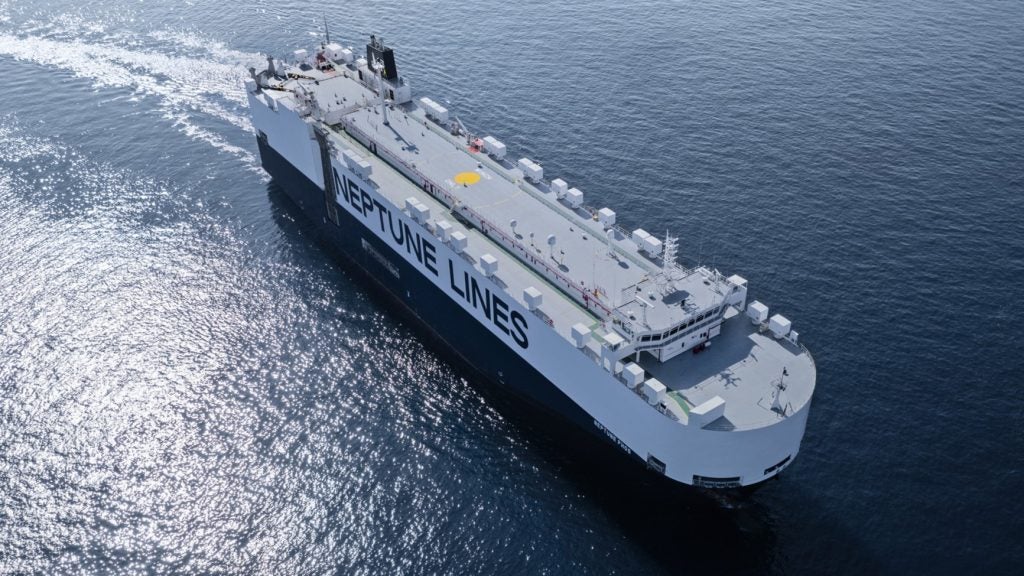
Researchers at Canada’s University of British Columbia (UBC) have used a model system that shows that endangered whale species and marine traffic can co-exist.
The study, conducted in collaboration with Parks Canada, Fisheries and Oceans Canada, and industry and environment sectors, used a computer model to simulate the movement of boats and whales in the St Lawrence River, which is an important shipping route in North America.
After using the model system, the research group found that speed reduction by the ships can lead to marine conservation efforts, while having the least impact on shipping operations.
It is reported that reduced speed has cut the overall risk of lethal ship-strikes on whales by nearly 40%.
UBC Okanagan campus biology and earth & environmental sciences associate professor Lael Parrott said: "Each year more than 8,000 commercial ships cross through the critical habitat and foraging ground of several species of large whales.
See Also:
"Although ship traffic poses many potential threats to marine life, it’s actually one of the ways of transporting commercial goods with the lowest carbon footprint."
How well do you really know your competitors?
Access the most comprehensive Company Profiles on the market, powered by GlobalData. Save hours of research. Gain competitive edge.

Thank you!
Your download email will arrive shortly
Not ready to buy yet? Download a free sample
We are confident about the unique quality of our Company Profiles. However, we want you to make the most beneficial decision for your business, so we offer a free sample that you can download by submitting the below form
By GlobalDataThe study, funded by Natural Sciences and Engineering Research Council of Canada, has resulted in recommendations for speed reduction being adopted by over 80% of ships transiting the whale’s main foraging ground in the Saint Lawrence River estuary.
Parrott added: "This is an excellent example of how science combined with a collaborative decision-making process can achieve a very positive outcome."
Image: UBC associate professor Lael Parrott used a model system to show slower ship speeds will reduce vessel-whale collisions. Photo: courtesy of UBC.






